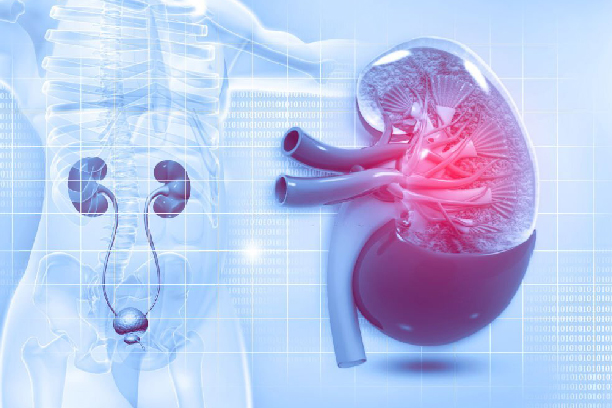Urology unit

Urology unit
Urology is a surgical speciality that deals with illnesses of the urinary tract in both men and women, as well as the male reproductive organs. Despite the fact that urology is classed as a surgical specialty, the urologist must have knowledge in internal medicine, paediatrics, obstetrics, and other specialties due to the vast range of clinical problems faced.
The Urology Unit is a multidisciplinary crew which specializes in the prognosis and control of, and studies involving, sufferers with bladder, prostate, renal or testicular most cancers.
Treating prostate, kidney, bladder and testicular most cancers, The Urology Unit led by Dr. Vikas M Daddenavar on all components of genetic predisposition, centered screening, remedy and care.
If you are the affected person then you may need remedies and treatment from the expert that can involve the following
- ureteric stone removal
- prostate surgery
- bladder surgery
- phimosis
- Pediatrics surgery
- Plastic Surgery
- Cancer surgery
Ureter stone
Kidney stones are crystal clusters that develop in the kidneys. The ureters, urethra, and bladder are all part of the urinary tract, and these masses can form and travel anywhere along it.
A ureter stone is a kidney stone that forms inside one of the ureters, which link the kidneys to the bladder.
The stone will have developed in the kidney and travelled into the ureter with one of the kidneys’ urine.
These stones might be quite little at times. If this is the case, the stones may pass through your ureter and bladder before passing out of your body when you urinate.
However, sometimes a stone is too large to pass through and becomes lodged in the ureter. It’s a possibility block the flow of urine and can be extremely painful.
Prostatectomy
Prostatectomy: A surgery that involves the removal of all or a part of the prostate . The prostate is found below the bladder within the male pelvis. The urethra, which transports urine from the bladder to the penis, is encircled by it. The technique is employed to deal with a spread of prostate-related issues.
Cystectomy
Cystectomy (sis-TEK-tuh-me) is a procedure in which the urine bladder is removed. The prostate and seminal vesicles are usually removed also when the whole bladder is removed (radical cystectomy). The uterus, ovaries, and a portion of the vaginal wall are all removed during a radical cystectomy in women.
Phimosis
Phimosis: A condition during which the foreskin round the tip of the penis can’t be retracted (drawn back). A tight foreskin is typical in uncircumcised infant males, but it normally goes away by the age of three.
Phimosis can develop spontaneously or as a result of scarring. Unless phimosis makes peeing difficult or produces other symptoms, young boys may not require treatment. The need for treatment may increase as these boys get older.
Pediatrics Surgeon
Adult patients are not the same as children. It can be difficult for doctors to speak with them about medical difficulties because they can’t always define what’s going on. Depending on their age, they’ll be completely unaware of what’s happening . Pediatric surgeons skills to form children feel comfortable and communicate with them. Pediatric surgeons also are involved in diagnosing conditions and in caring for youngsters before and after surgery.
Plastic Surgery
Plastic surgery is a type of surgery that can alter a person’s appearance as well as their functional abilities. Reconstructive surgeries are used to fix flaws in the face or body. Some cosmetic operations aren’t even surgical within the traditional sense, meaning they do not involve cutting and sewing.
Cancer Surgery
An operation or technique to get rid of a tumour and potentially some adjacent tissue is understood as cancer surgery. It is the earliest sort of cancer treatment, and it continues to be effective within the treatment of a spread of cancers today. A “surgical oncologist” is a specialist who specialises in cancer surgery.

